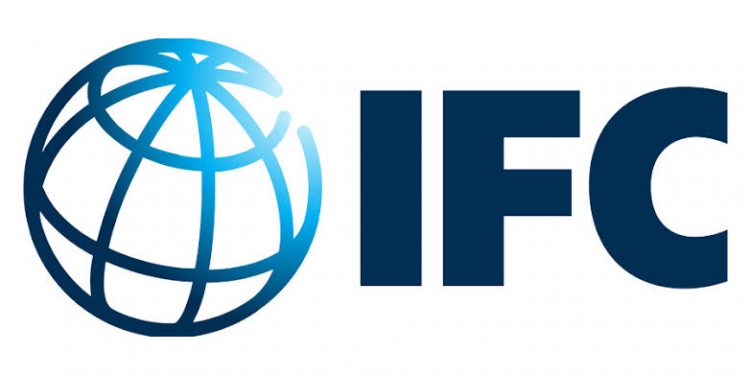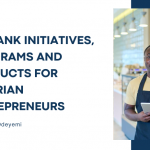The International Finance Corporation (IFC), a member of the World Bank Group, has announced the launch of the Africa Leadership Economic Advancement and Development for Women (LEAD) Alliance, an initiative aimed at expanding economic opportunity for young women entrepreneurs in key sectors including the creative economy, digital technology, and social enterprises.
Africa leads the world in entrepreneurial activity among women, who own 40 per cent of the continent’s SMEs. Still, only 1 per cent of venture capital reaches them, and many face limited access to essential enablers such as funding, networks, mentorship, and digital tools. The Women LEAD Alliance aims to address these challenges by leveraging the expertise of private sector leaders, investors, philanthropists, and innovators to help young women start and scale businesses, ultimately driving job creation and boosting productivity across the continent.
“Africa’s economic development depends on unlocking the full potential of its people including the millions of women who are already building and leading businesses, often against the odds,” said Ethiopis Tafara, Regional Vice President for Africa, IFC. “Women entrepreneurs are not just building businesses, they are creating jobs, strengthening communities, and fueling the kind of growth that drives resilience and expands opportunity. This Alliance is about backing that potential with the capital, support, and visibility it deserves.”
The Women LEAD Alliance launches with 8 founding members, each a recognized leader in their field:
-Mo Abudu, Chief Executive Officer Ebony Life Group
-Jeremy Awori, CEO of Ecobank Transnational
-Phuthi Mahanyele-Dabengwa, CEO Naspers and Executive Director
-Tope Lawani – Co-Founder, Helios Investment Partners
-Esselina Macome Chief Executive Officer (CEO) Financial Sector Deepening Program in Mozambique (FSDMoç)
-Thebe Magugu, Director, Thebe Magugu
-Ndidi Okonkwo Nwuneli, President and CEO of the ONE Campaign
-Fred Swaniker, Founder, Sand Technologies and Africa Leadership University.
The full Alliance will comprise up to 12 members and continue to shape its agenda to tackle persistent challenges including access to capital, markets, capacity and skilled workforce, while capitalizing on Africa’s unique demographic opportunity.
By 2025, the continent will be home to more than 530 million people aged 15 to 35, with women making up half of this group. The Alliance supports the World Bank Group’s broader commitment to provide 80 million more women and women-led businesses with capital by 2030, addressing a critical constraint to entrepreneurship growth.










